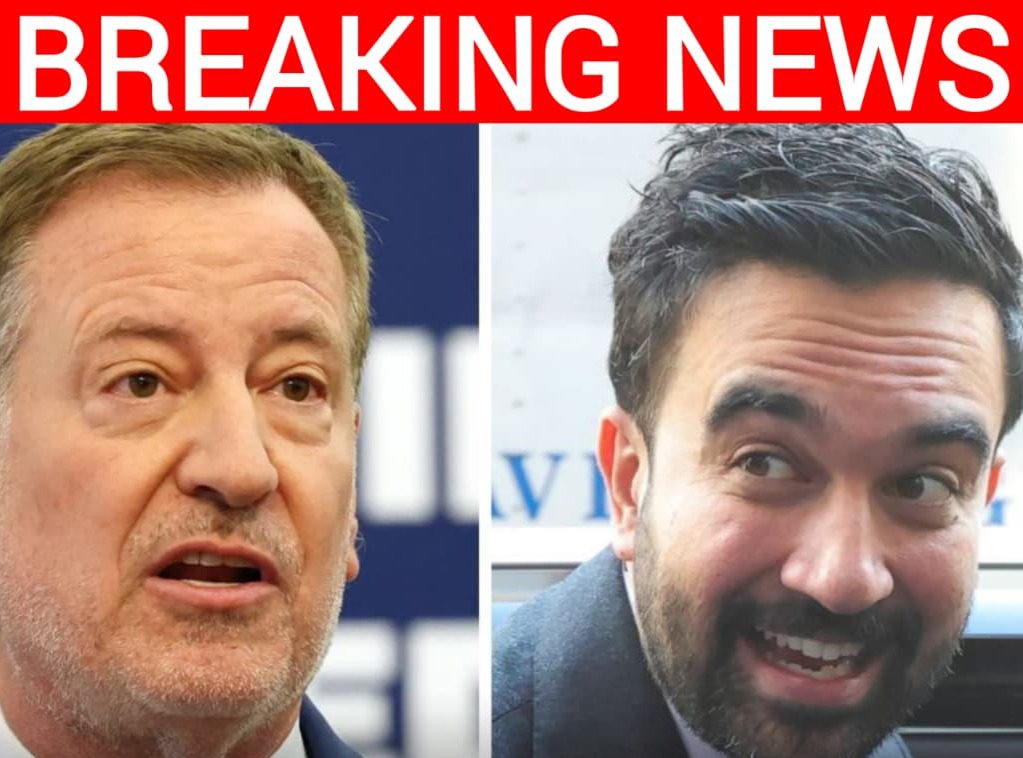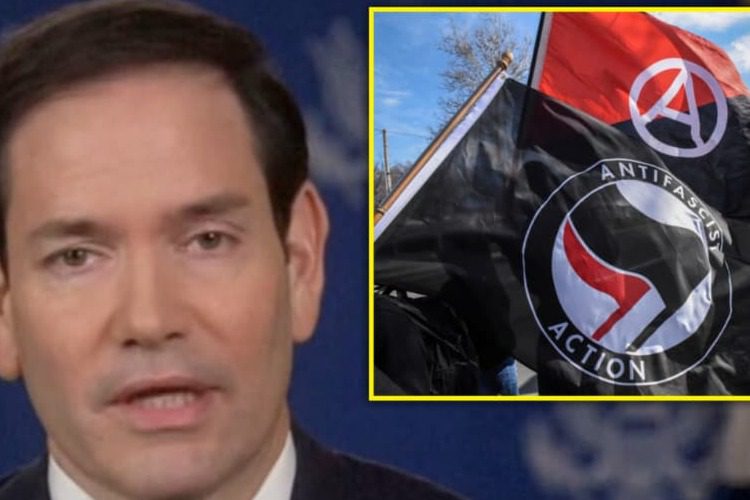Ex-Mayor Bill de Blasio Publicly Pours Cold Water on Front-Runner Zohran Mamdani’s $10 Billion Socialist Plan Just Days Before NYC Election
In a stunning twist just a week before New York City voters head to the polls, former Mayor Bill de Blasio has publicly questioned the financial foundations of Zohran Mamdani’s mayoral campaign. De Blasio, who had previously endorsed the progressive frontrunner and even wore a “Hot Girls for Zohran” T-shirt at a rally earlier this month, is now walking back his support — saying the candidate’s math simply “doesn’t add up.”
Mamdani, a 34-year-old state assemblyman backed by Alexandria Ocasio-Cortez and Bernie Sanders, has run on an ambitious $10 billion plan promising free public transit, universal childcare, rent freezes, and tuition-free city colleges. His campaign released a flashy “savings calculator” showing how much money New Yorkers could save under his leadership. But fiscal experts and now even his own allies are raising alarms about whether those numbers can actually work.
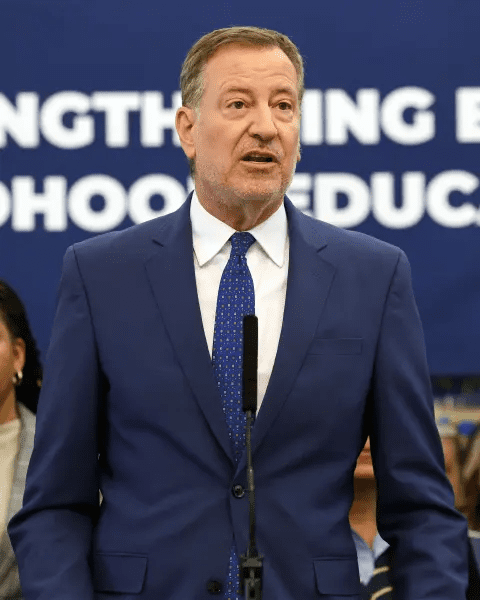
De Blasio, known for his own progressive tenure, didn’t mince words. “The ambition is admirable,” he said in a Tuesday interview, “but the cost estimates — reportedly exceeding seven billion dollars annually — rely on overly optimistic assumptions about cutting waste and raising new revenue through taxes. In my view, the math doesn’t hold up under scrutiny.”
His sudden change of tone has sent shockwaves through Mamdani’s campaign, which had enjoyed months of momentum fueled by grassroots energy and online enthusiasm. For many progressive voters, de Blasio’s endorsement symbolized institutional validation. Now, his public doubts could be a major setback, especially among moderates and undecided voters who are already wary of the price tag attached to Mamdani’s proposals.
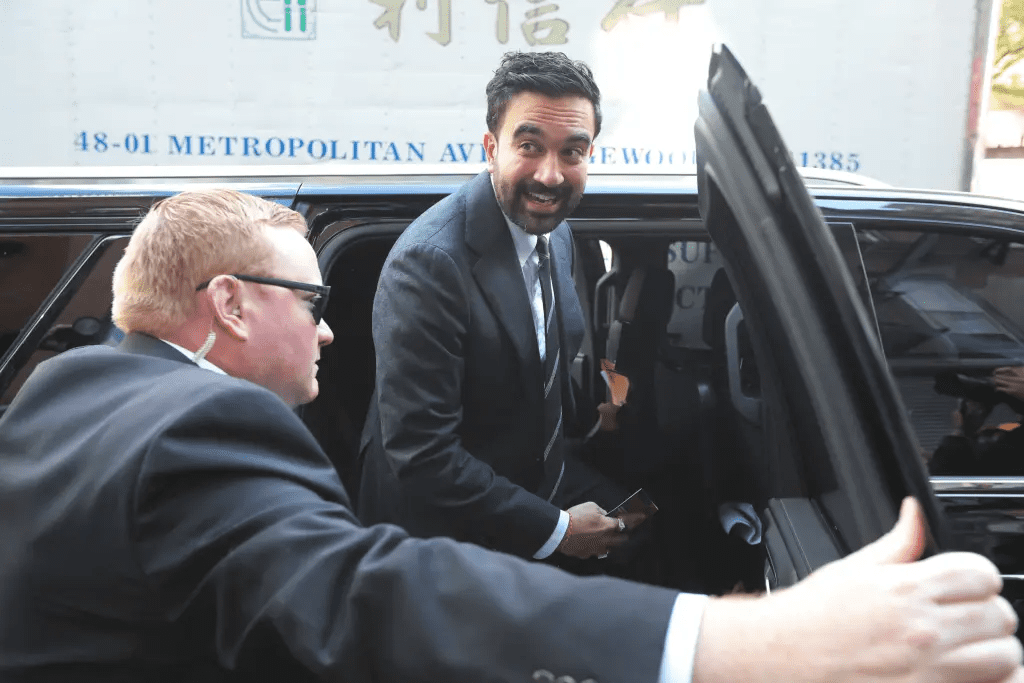
Mamdani’s team insists the criticism is overblown. A spokesperson defended the plan, arguing that “New York has always been a city capable of big ideas” and that the proposed programs would be funded through fair taxation and reduced corporate loopholes. Yet even inside Democratic circles, there’s growing unease about the campaign’s numbers. Economists estimate that fully implementing Mamdani’s platform could cost nearly double what the campaign claims, potentially forcing tax hikes and cuts to other city programs.
The timing couldn’t be worse. Early voting begins this weekend, and Mamdani’s lead in the polls has already narrowed amid controversy over his ties to the Democratic Socialists of America and recent calls from Republicans to investigate his naturalization record. His main rival, former Governor Andrew Cuomo, is reportedly gaining traction among centrist voters who view Mamdani’s policies as financially reckless.
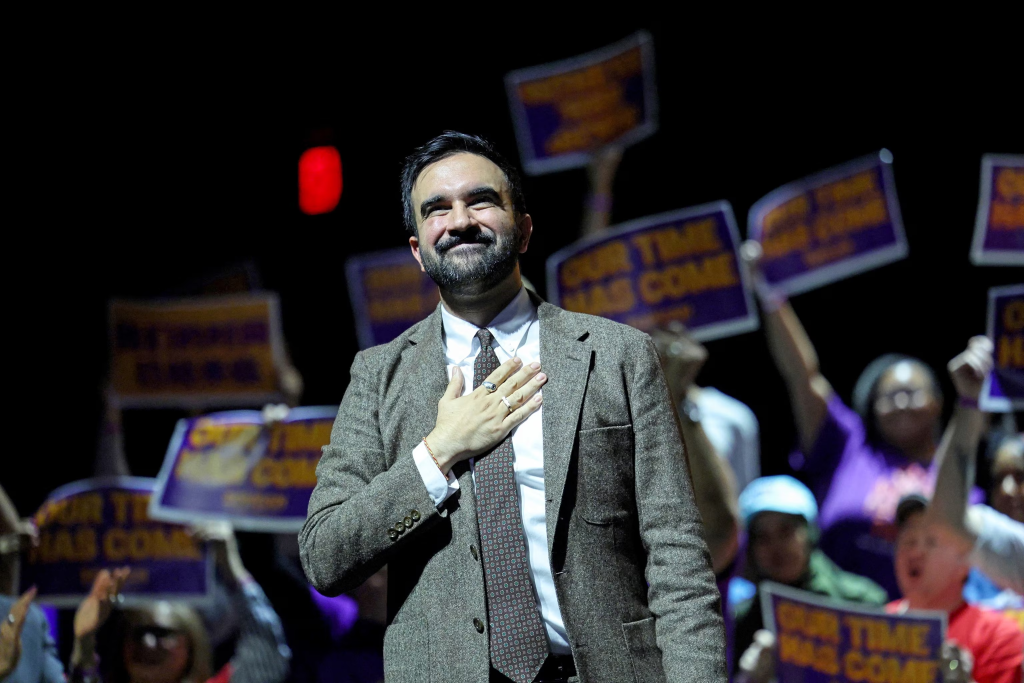
De Blasio’s reversal also exposes deeper tensions within New York’s progressive movement. What began as a united front behind Mamdani’s candidacy has fractured into quiet skepticism. Some activists feel betrayed by de Blasio’s statement, while others privately admit he said what many were already thinking — that Mamdani’s grand vision, while inspiring, may not survive the realities of governing a city already burdened by record debt and rising costs.
For Mamdani, this moment marks a critical test of political endurance. He built his campaign on the promise of radical transformation — a new New York built on equity, accessibility, and shared prosperity. But to voters, passion alone may not be enough. As Election Day looms, the pressure is on to prove that his promises can be backed by real numbers, not just rhetoric.
De Blasio’s break from his former ally may not be fatal to the campaign, but it’s a reminder that politics in New York can change overnight. The city’s progressives have often thrived on bold ideals, but when even their own start doubting the math, the message begins to wobble. What seemed like a coronation for Mamdani now feels like a reckoning — one that could redefine not only the 2025 race but the direction of the Democratic Party in America’s largest city.
